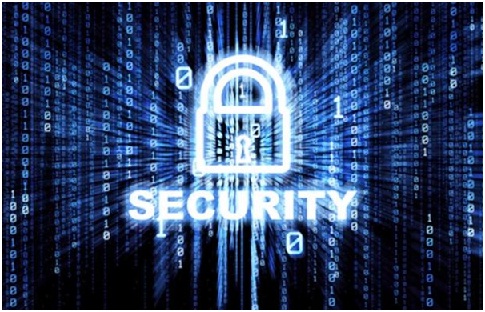Data security has become a need in today’s society. The world of fraud began with counterfeiting money, moved on to stealing identities and now has become a threat to a person’s entire livelihood. Securing a network, a server, or a database is usually a sure-fire way to ensure your personal information that is stored in cyberspace or on the hard drive of your computer is safe.
Beginning with the most basic ways and leading up to some tips and tricks of protecting your personal information, you will be provided with information to allow you to correctly choose what is best for you.

Disk Encryption
This is a basic and self-explanatory method. Encrypting data on a disk most often involves either software or hardware. Software methods work passively, preventing any outside operating system or an unauthorized user from reading the information on your hard drive.
A threat could still come from an outside source in the form of malware or a virus, corrupting your hard drive and thus causing you to lose the data you stored there.
A great way to ensure that you are the only user accessing your data is by using two-factor authentication, you can do this by installing or programming multi-factor authentication on your operating system or PC. This protects your data from unwanted eyes and disallows any probes from finding loopholes in your security.
Back-Ups
Backing-up your data may seem obvious, but it is common for people to disregard this step or continually put it off. Creating a back-up drive makes sure your data is never truly lost.
Data-Masking
If you go on a website and type in your social security number but only see tiny asterisks, which is data-masking. It obscures sensitive information so data security is maintained and not exposed to any unauthorized user.
Tips to Think About
If you have imposed these measures and still find dissatisfaction with the amount of data that is not secure or if hackers are still able to access sensitive information here are some ideasto help you plan for a stronger defense.
- Make a plan. Review your current data security and make sure all users are properly logging-in and out as well as correctly archiving any unneeded data or information that may be leaked.
- Know what data needs to be protected and to what level. This is the first half of the battle, once you can pinpoint where your most important data is kept, you can accurately program or install a system to protect it.
- Permanently delete any data you no longer need. If you have tax files from ten years on your hard drive, back it up on a disk and delete it from your PC. Do not keep data around that is not serving a purpose to you but could serve a purpose to someone else.
- Lock up your electronics. No matter how effective your security system is on your laptop or hard drive, if it is stolen hackers can and will get into it. Likewise if your data is not backed up and it is stolen, all of your important information is lost to you.
New Technology Emerges
If you have implemented the basic forms of security, made a plan regarding your current system security, and still are not satisfied with the protection you have in place, perhaps looking towards emerging technology is the answer. There are technology companies coming out with modernized data security systems.
Apps are now being created with individually applied security systems. If your mobile device were to be breached, the app itself would protect your data. The same thing is happening with certain browsers and applications. If a threat is detected the information you have stored in the program’s cloud cannot be breached because it no longer resides within your laptop or PC.
Speaking of application clouds, it is wise to use accounting and tax management programs that store your personal data in its secured “cloud.” It reduces the amount of sensitive information you have to keep track of, and the owner or administrator of the cloud has the financial means to implement extensive security due to the amount of sensitive information within its boundaries.
As with everything though, it is best to use your common sense when putting personal information online or when securing a device against outsiders. Do everything in your power and knowledge to protect yourself, and stay on top of your system’s security.
